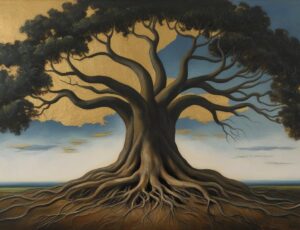
Early Dutch Commerce and Indigenous Landscapes
Year Group 2024/25
About the topic
These colonial settlements offer valuable insights into the nature of these early encounters and a better understanding of the character of these early encounters help restore some agency to Indigenous peoples, who continue to fight for their cultural and historical rights.
While the main focus of this research is on the global impact of the Dutch, our research also seeks to revise earlier views of Dutch-Indigenous interactions, with the goal of highlighting and revitalizing Indigenous perspectives and voices.
About the theme group
The theme group “Early Dutch Commerce and Indigenous Landscapes: A Transnational Comparative Approach” consists of scholars who have used Historical Archaeology as their main entry point into studies of colonialism in Indigenous lands. As a field of study, Historical Archaeology is highly interdisciplinary involving the examination of primary documents, extant and past architecture, landscapes, and material culture recovered from archaeological excavations.
Each member of the group bring a wealth of experience to this study. Historians and archaeologists have examined Dutch colonialism extensively, but few have sought to incorporate an Indigenous perspective, something that the theme group feels is essential in places such as Eastern North America or Scandinavia.
Themegroup participants
-
 Theme Group
Theme GroupWhy do adults change their beliefs?
-

-

-
 Theme Group
Theme GroupRe-imagining Security Labour



